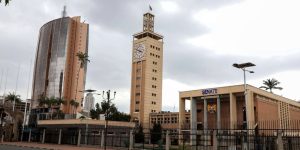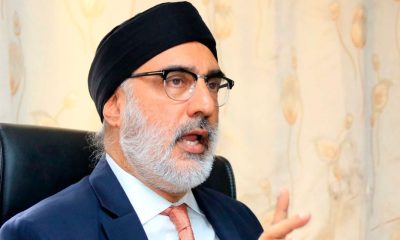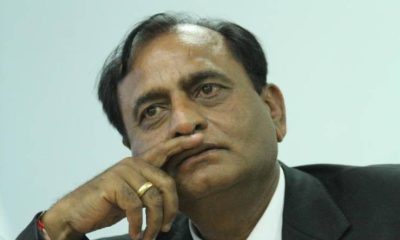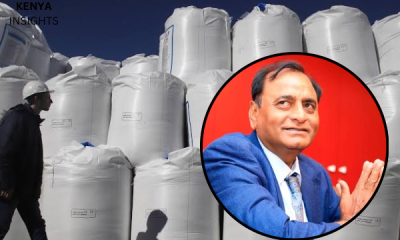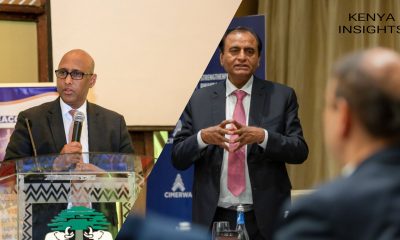Investigations
Billionaires Narendra Raval, Jaswant Rai and Tanzanian Rostam Aziz Under Fire as MPs Probe Sh15bn Tax Exemptions Bleeding Economy
The Sh15 billion in exemptions stems from a printing error in the Tax Laws (Amendment) Act, effective December 27, 2024, which allowed VAT waivers for investments over Sh2 billion.
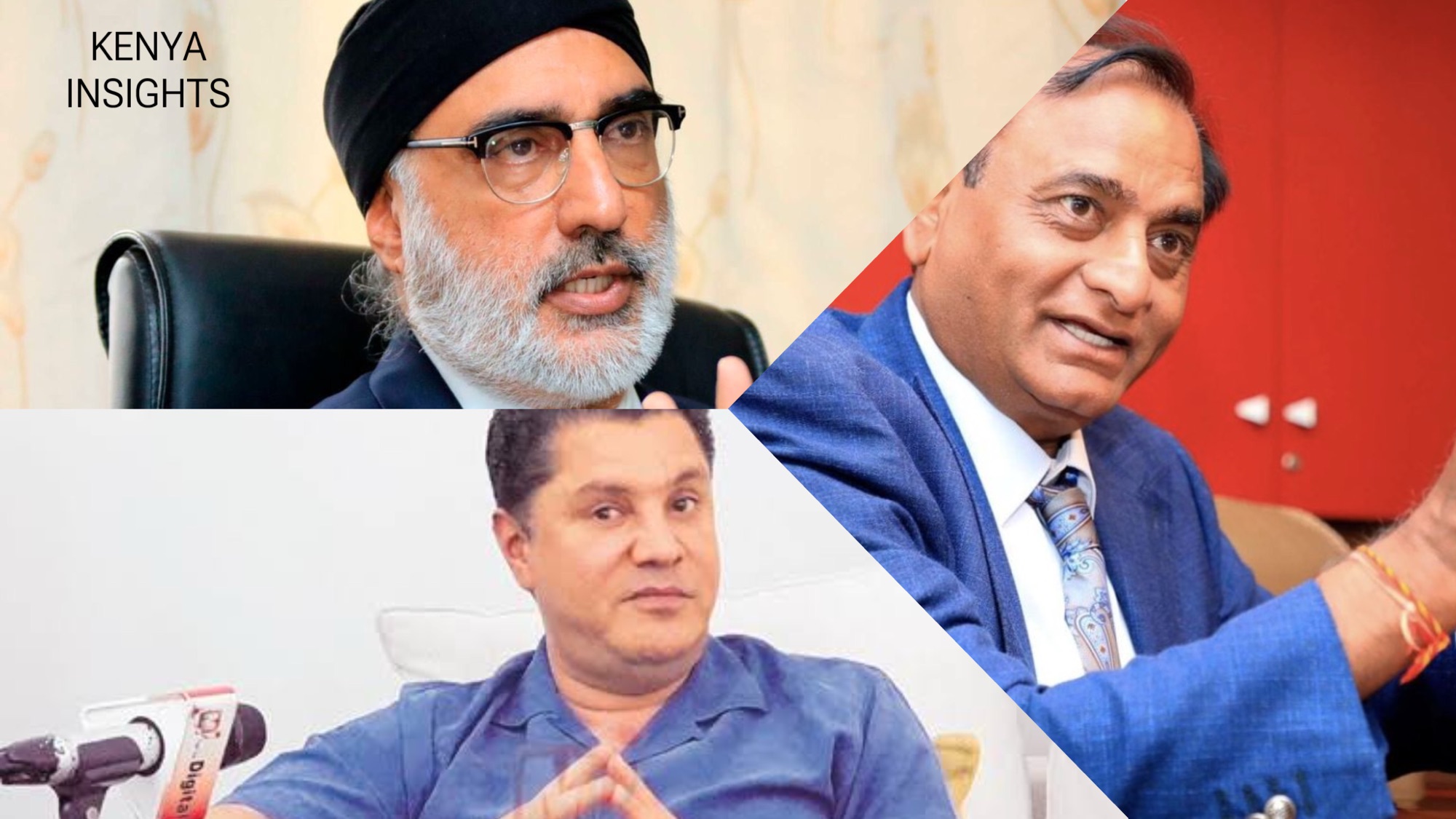
Kenya’s billionaire tycoons Narendra Raval, Jaswant Rai and Tanzanian tycoon Rostam Aziz are at the center of a storm as the National Assembly launches a high-stakes investigation into Sh15 billion in value-added tax (VAT) exemptions granted to their companies and 12 other firms.
The probe, spearheaded by the Finance and National Planning Committee under Molo MP Kuria Kimani, comes as Kenya grapples with a hemorrhaging economy, struggling to meet its Sh2.8 trillion revenue target for the next financial year.
Critics argue these exemptions, linked to a legislative error, have enriched a handful of industrial magnates while draining public coffers, exacerbating the nation’s fiscal woes.
The investigation, prompted by House Speaker Moses Wetang’ula’s suspension of the VAT (Amendment) Bill 2025, aims to scrutinize whether the exemptions—granted to firms with a claimed Sh93.53 billion in investments—were justified.
With the Kenya Revenue Authority (KRA) facing a revenue shortfall and the country losing over Sh300 billion to tax waivers this year, MPs are questioning whether tycoons like Raval and Rai are profiting at the expense of ordinary Kenyans.
Tycoons in the Spotlight
Narendra Raval: The Steel and Cement Kingpin
Narendra Raval, the 62-year-old chairman of Devki Group, is Kenya’s most prominent industrialist, with a fortune estimated at over $500 million by Forbes in 2015 and a group turnover exceeding $1 billion annually.
His empire, spanning steel, cement, and energy, dominates the exemption list, with three subsidiaries—Devki Steel Mills, National Cement Company Limited, and CEMTECH Limited—securing Sh4.36 billion in VAT waivers.
- Devki Steel Mills: Raval’s flagship company, operating a mega project in Kwale County and an iron ore processing plant in Voi, Taita Taveta County, received Sh2.43 billion in exemptions since March 2023 for investments worth Sh15.22 billion.
- National Cement Company Limited: A Devki subsidiary, it secured Sh1.44 billion for projects in Kaloleni, Kilifi County (Sh516.5 million), and Eldoret, Uasin Gishu County (Sh921.35 million).
- CEMTECH Limited: Acquired by Devki in 2019, its West Pokot clinker plant received Sh488.74 million for a Sh3.1 billion investment.
Raval’s close ties to President William Ruto have raised eyebrows. Appointed to lead the National Lottery in 2023 and the Manufacturing Council, Raval is seen as wielding significant influence over policy. Fondly known as ‘Guru’ Raval has lately been dubbed “Kenya’s Gupta,” owing to his grip on government tenders and policies that favors his empire, potentially at the economy’s expense.
Critics, warn of “state capture,” citing Raval’s push for higher clinker import duties, which benefited his National Cement while disadvantaging competitors like Rai Cement and Savannah Cement.
Raval’s companies are also embroiled in a separate Sh4 billion tax dispute with KRA, which revoked earlier VAT exemptions on imported machinery, demanding Sh1.6 billion from Devki Steel Mills and Sh2.4 billion from CEMTECH. Raval has taken the matter to court, arguing the Treasury’s initial undertaking should stand.
Jaswant Rai: The Sugar and Cement Baron
Jaswant Rai, the billionaire patriarch of the Rai family, heads the Rai Group, a conglomerate with interests in sugar, cement, and consumer goods.
His Rai Cement, a key player in Kenya’s cement industry, received Sh1.01 billion in VAT exemptions since October 2024 for investments worth Sh6.34 billion.
The Rai family, one of East Africa’s wealthiest, also controls Menengai Oil Refineries and Menengai Orchards, and has been linked to bids for Mumias Sugar Company’s lease.
Rai Cement has clashed with Raval’s National Cement over clinker import duties, arguing that higher levies favor Raval’s local production and threaten smaller players.
The Rai family’s influence in the sugar sector has also drawn scrutiny, with their West Kenya and Sukari Industries bidding for state-owned millers.
Other Firms in the Crosshairs
The probe extends to 11 other companies, including:
- Taifa Gas Kenya Limited: Linked to Tanzanian tycoon Rostam Aziz, it received Sh827.9 million for Sh5.2 billion in investments.
- Soit Sugar Company Ltd and Angata Sugar Mills Limited: Private sugar firms with Sh465.1 million and Sh343.31 million in exemptions, respectively, but little public information on ownership.
- SBC Kenya Limited, De Heus Animal Nutrition Limited, DPL Festive Limited, Nakuru Mining, and Rainham Steel Plant Limited: These firms collectively received Sh7.26 billion, with Nakuru Mining’s Sh6.2 billion exemption for a Sh38.74 billion investment raising particular concern. Ownership details remain opaque.
A Bleeding Economy and Legislative Blunder
The Sh15 billion in exemptions stems from a printing error in the Tax Laws (Amendment) Act, effective December 27, 2024, which allowed VAT waivers for investments over Sh2 billion.
Its retrospective application to January 2024 has sparked outrage, with MPs like Alego Usonga’s Samuel Atandi warning that such policies undermine revenue collection.
“We cannot achieve our Sh2.8 trillion target with unexplained exemptions,” Atandi said, noting the Sh300 billion lost to waivers this year.
The VAT (Amendment) Bill 2025 aims to correct the error, but its suspension reflects MPs’ demand for accountability.
Leader of Majority Kimani Ichung’wah stressed the need to verify investments, saying, “We must ascertain these are actual investments with real economic impact.”
However, the probe faces challenges, as Kenya’s history of tax evasion among the super-rich—often hidden through trusts and shell companies—complicates transparency.
Public Outrage and Economic Stakes
The exemptions have fueled public discontent, amplified by Kenya’s economic struggles, including a foreign exchange crisis and a downgraded credit rating.
Posts on social media reflect growing frustration, with some accusing Raval of leveraging his proximity to Ruto to secure favorable policies.
The Kenya Association of Manufacturers (KAM) has warned that tax policies favoring tycoons like Raval could lead to capital flight and job losses, as seen in past battles over clinker duties.
While Raval and Rai have argued that their investments create jobs and drive industrialization, critics contend the benefits are overstated.
Raval’s Devki Group employs 14,000 and aims for 30,000 by 2030, but competitors in the clinker business would say that policies tilted toward dominant players stifle competition.
Atandi and others advocate for stricter scrutiny, with Busia Senator Okiya Omtatah’s successful challenge against a Sh385 million exemption for NCBA setting a precedent.
As the Finance and National Planning Committee conducts site visits and digs into the exemptions, the probe could redefine Kenya’s tax policy.
Will it expose a system rigged for billionaires, or validate the waivers as essential for growth?
For now, Raval and Rai, whose empires have shaped Kenya’s industrial landscape, face intense scrutiny as Kenyans demand answers on why the economy is bleeding while tycoons thrive.
Kenya Insights allows guest blogging, if you want to be published on Kenya’s most authoritative and accurate blog, have an expose, news TIPS, story angles, human interest stories, drop us an email on [email protected] or via Telegram
-

 News4 days ago
News4 days agoKenyan Driver Hospitalized After Dubai Assault for Rejecting Gay Advances, Passport Seized as Authorities Remain Silent
-
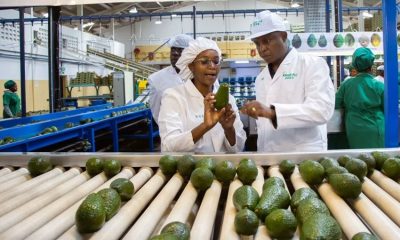
 Business2 weeks ago
Business2 weeks agoKakuzi Investors Face Massive Loss as Land Commission Drops Bombshell Order to Surrender Quarter of Productive Estate
-

 Investigations2 weeks ago
Investigations2 weeks agoINSIDER LEAK REVEALS ROT AT KWS TOP EXECUTIVES
-
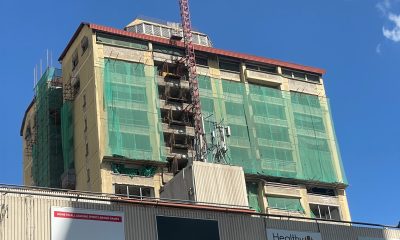
 Business5 days ago
Business5 days agoConstruction Of Stalled Yaya Center Block Resumes After More Than 3 Decades and The Concrete Story Behind It
-

 Investigations1 week ago
Investigations1 week agoCNN Reveals Massive Killings, Secret Graves In Tanzania and Coverup By the Govt
-

 Business2 weeks ago
Business2 weeks agoBANKS BETRAYAL: How Equity Bank Allegedly Helped Thieves Loot Sh10 Million From Family’s Savings in Lightning Fast Court Scam
-

 Investigations6 days ago
Investigations6 days agoHow Somali Money From Minnesota Fraud Ended In Funding Nairobi Real Estate Boom, Al Shabaab Attracting Trump’s Wrath
-
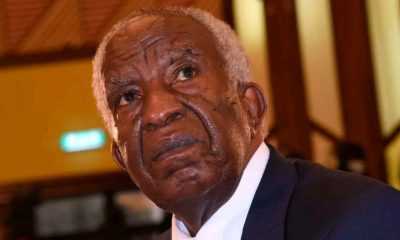
 News2 weeks ago
News2 weeks agoEXPOSED: How Tycoon Munga, State Officials, Chinese Firm Stalled A Sh3.9 Trillion Coal Treasure In Kitui


